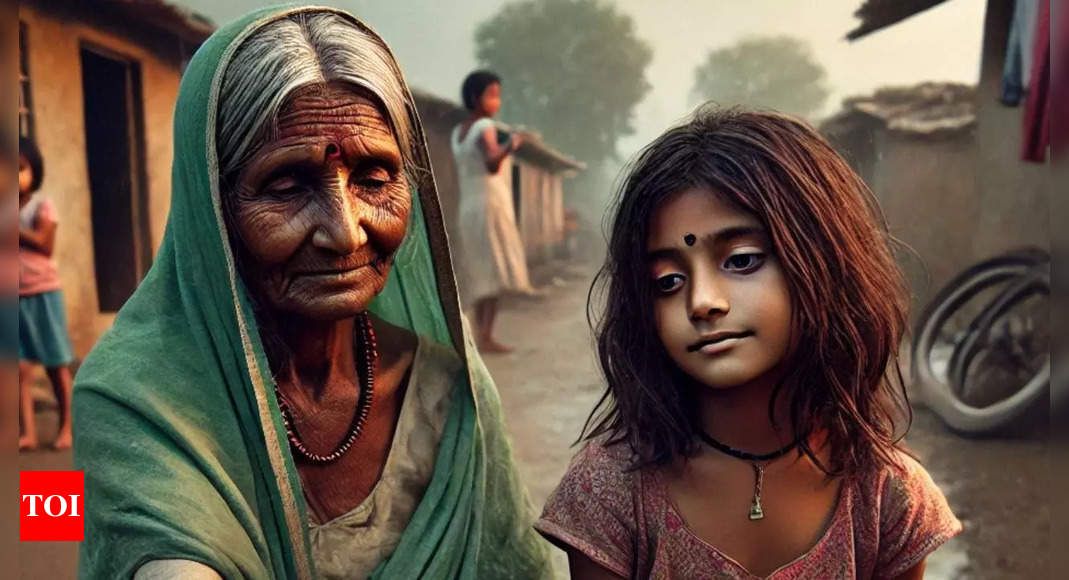Women More Susceptible to Malnutrition Due to Patriarchal Mindsets and Societal Norms

PUNE: A recent analysis of data from the state's health department has exposed alarming facts about women being more susceptible to malnourishment and nutritional deficiencies compared to men. This gap in nutrition is causing a significant number of linked deaths and severe health conditions in the female demographic.
According to the State Bureau of Health Intelligence Vital Statistics (SBHIVS) data, 142 deaths were reported directly linked to nutritional deficiencies in Maharashtra last year, with 86 cases affecting women. The majority of these deaths (49) were due to malnutrition alone, with 32 reported among women. Similarly, protein-energy malnutrition accounted for 43 deaths, with 30 being women.
Experts point to a patriarchal mindset in some families as the primary reason why boys are prioritized over girls when it comes to nutrition. In many households, parents deprive their daughters of fresh food and opt for leftovers or stale meals to minimize waste. This approach not only affects the health of young girls but also perpetuates a larger social issue.
"It's true that malnutrition cases are most commonly reported in girls compared to boys," said Dr. SP Wadikar, Additional Health Director at the State Family Welfare Department and Head of Centre's Rashtriya Bal Swasthya Karyakram (RBSK). "These cases usually come from lower economic groups where families tend to allocate high-energy food only for one child - often the male child."
Dr. Aarti Kinikar, Pediatrics Department Head at Sassoon Genera Hospital, echoed similar sentiments: "Young girls in their pre-teen or teen years come to our hospital with a plethora of problems attributed directly to malnutrition. This is a double whammy issue that cannot be categorized as solely economic but also deeply rooted in societal norms."
As experts acknowledge the significance of addressing this issue, unreported numbers could potentially be much higher due to inadequate recording practices.
More disturbingly, a significant portion of these deaths (32 out of 43) occurred among young girls under the age of 14. The worrying trend suggests that economic disparity and systemic gender biases pose serious threats to women's nutritional health in our country.
Sources:
- State Bureau of Health Intelligence Vital Statistics (SBHIVS)
- Central Government Department for Health
- Sassoon Genera Hospital Paediatrics Department
